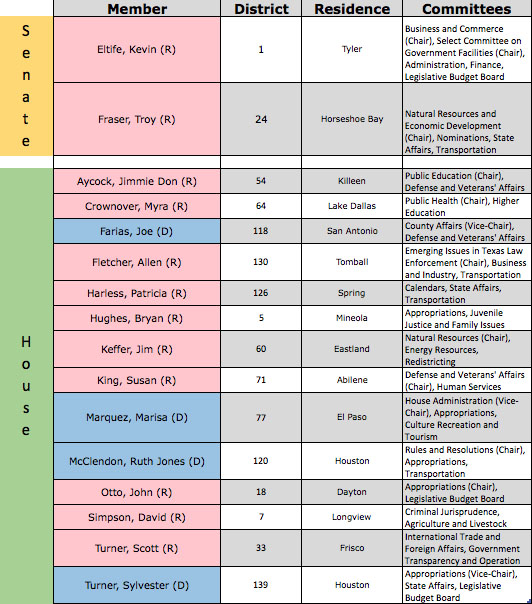Why China Continues to Buy US sorghum – Today there are 137 million bushels (the production of Texas), that China has committed to purchasing this year. Of that, only 22 million bushels have been shipped. Overnight, China literally bought every kernel of US produced sorghum they could find last marketing year. Consuming 382 million bushels of grain sorghum with a minor knowledge of nutritional feeding basics. This required great faith and a flawed internal buying mechanism intended to protect Chinese corn growers. The policy, that places the price of Chinese produced corn at a $8.50+/bushel (yes bushel, not cwt) guaranteed from their government, still remains in place literally making that corn too high priced for its own consumer CAFO’s to purchase during their “public auction” system. This makes US produced grain sorghum, which has no tariff rate quota(trq) or duties after a specified amount of exports, price friendly to a policy driven market. During this last year, the United Sorghum Checkoff Program (USCP) as well as TGSB have called on the new market almost monthly with activities designed to teach the Chinese to more efficiently feed grain sorghum as well as teach about the positive nutritional attributes, and the Chinese have answered with more sales. Grain sorghum fits well in their rations, which are a heavy consumer of poultry (duck) and swine. In fact, one feeder commented that going to a higher inclusion of grain sorghum in his duck population has lead to increased size in some of the prime cuts (gizzards). While Chinese political food policy is not the optimal way to build a market, it has certainly allowed for the development of a market that has incredible potential in coming years. China will likely not buy at the frenzied pace it did last year but all signs point to it being a long-term customer of grain sorghum.
A Legislative Look – After a contentious session this spring, 16 Texas legislators have announced they will hang up their hats. Some, like Rep. Sylvester Turner and Rep. David Simpson, are running for different offices. Others, such as Rep. Ruth McClendon, are retiring after a long career of public service. Behind, these 16 members will leave open 9 committee chairmanships, 3 vice-chairmanships, and decades of cumulative legislative experience. New leadership will emerge in such pivotal committees as House Appropriations, House Public Education, House Natural Resources, Senate Natural Resources and Economic Development, and Senate Business and Commerce. Below is a chart detailing each vacancy, along with that member’s district and committee assignments. As we draw nearer to the primary on March 1st, 2016, we will continue to update you on candidate and campaign developments.
Major funding from DOE Announced – The U.S. Department of Energy (DOE) announced a second major investment in sorghum research. Drought tolerance and nitrogen usage and their microbiological interactions with sorghum plants will be the focus of the two projects funded. Thirteen institutions have joined to complete the two projects. The University of California, Berkeley, will lead the $12.3 million effort on drought tolerance, and the University of Nebraska, Lincoln, will lead the $13.5 million effort on nitrogen usage. This announcement marks the second time in the past six months the DOE has committed to investing significantly in sorghum, bringing the agency’s total commitment to the crop during this time to $55.8 million. For more information about these investments and other funded projects click here.
Request for Comment Period Open for EPA Proposed Applicator Rule Change – On August 5, the EPA issued a proposal to revise the Certification of Pesticide Applicators rule. The proposed rule changes include a minimum age of 18 to apply restricted use pesticides and increased safety and education training for applicators. EPA is accepting comments on this topic until Nov. 23. To submit a comment, click here. TGSA stands firmly against EPA’s proposed certification and training regulation changes, and we encourage our members to submit a comment.










